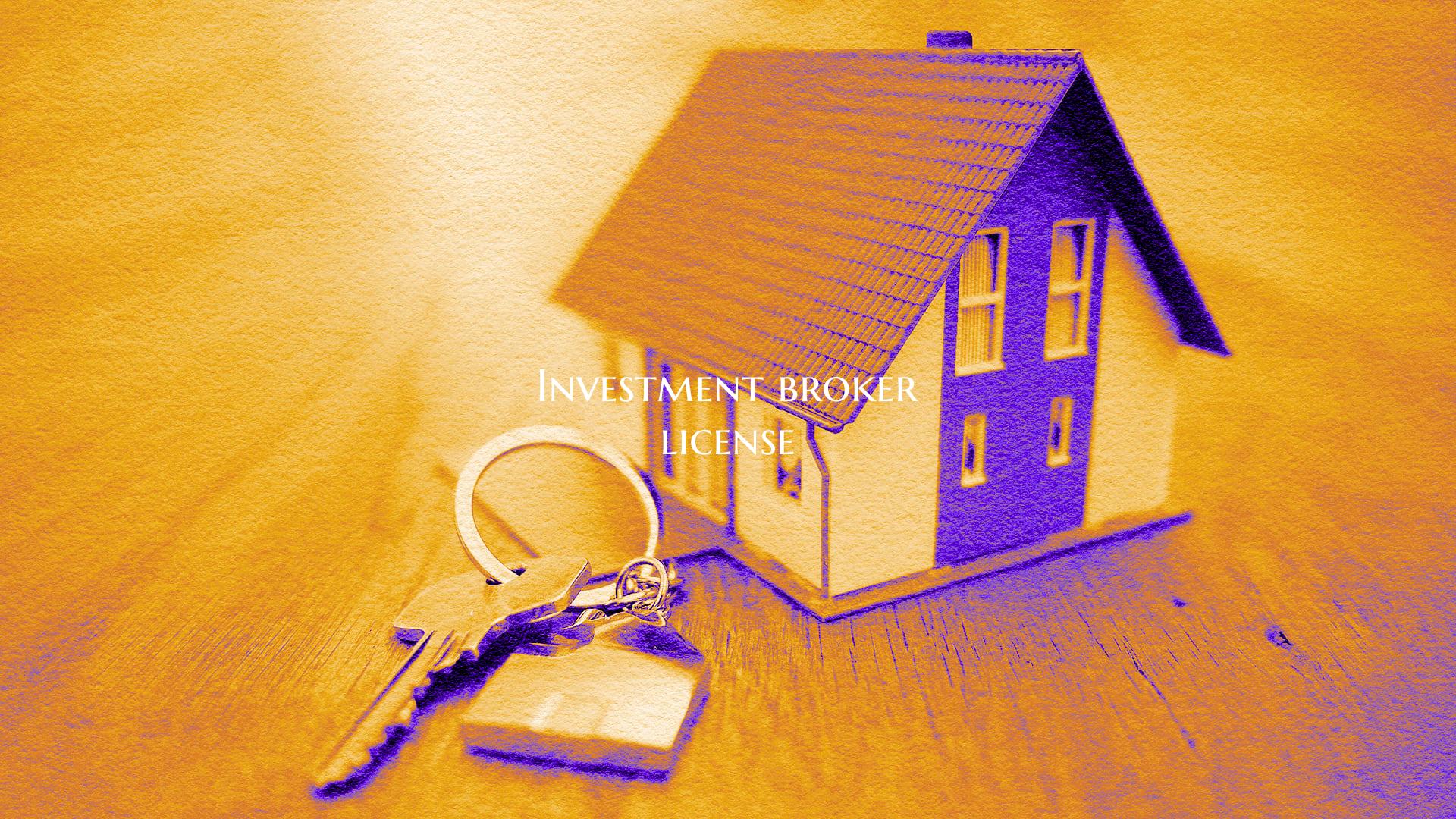Investment broker license

An investment broker license is a key requirement for individuals looking to establish themselves as financial professionals in the investment industry. This license not only provides credibility and trustworthiness to clients but also opens up a world of opportunities to engage in various investment activities. Here is a comprehensive guide on the steps and requirements involved in obtaining an investment broker license:
1. Educational Qualifications: The first step towards becoming an investment broker is acquiring the necessary educational background. Most jurisdictions require a minimum of a bachelor’s degree in finance, economics, business, or a related field. Some may also require additional courses or certifications in securities, investments, or financial planning.
2. Gain Relevant Experience: Before applying for an investment broker license, candidates are usually required to gain relevant work experience in the financial industry. This could include working as a financial advisor, securities trader, or in a related position to familiarize oneself with the industry and build a solid foundation of knowledge and skills.
3. Pass Licensing Exams: One of the crucial steps in obtaining an investment broker license is to pass the required licensing exams. In the United States, this typically involves passing the Series 7 exam, which tests knowledge of securities trading and regulations, and the Series 63 exam, which focuses on state securities laws.
4. Register with Regulatory Authorities: After successfully passing the licensing exams, aspiring investment brokers need to register with the appropriate regulatory authorities. In the US, this is typically done through the Financial Industry Regulatory Authority (FINRA) or the Securities and Exchange Commission (SEC), depending on the services the broker intends to offer.
5. Background Check and Compliance: Applicants for an investment broker license are usually required to undergo a thorough background check to ensure they meet the legal and ethical standards expected in the industry. Additionally, brokers must adhere to strict compliance regulations and maintain ongoing professional development to stay updated with industry changes and best practices.
6. Continuing Education: Once licensed, investment brokers are often required to fulfill continuing education requirements to maintain their license. This may involve completing a certain number of hours of coursework annually or every few years to stay current with industry trends, regulations, and best practices.
By following these steps and meeting the requirements set forth by regulatory authorities, individuals can pave the way towards obtaining an investment broker license and embarking on a successful career in the dynamic and rewarding field of investments.
